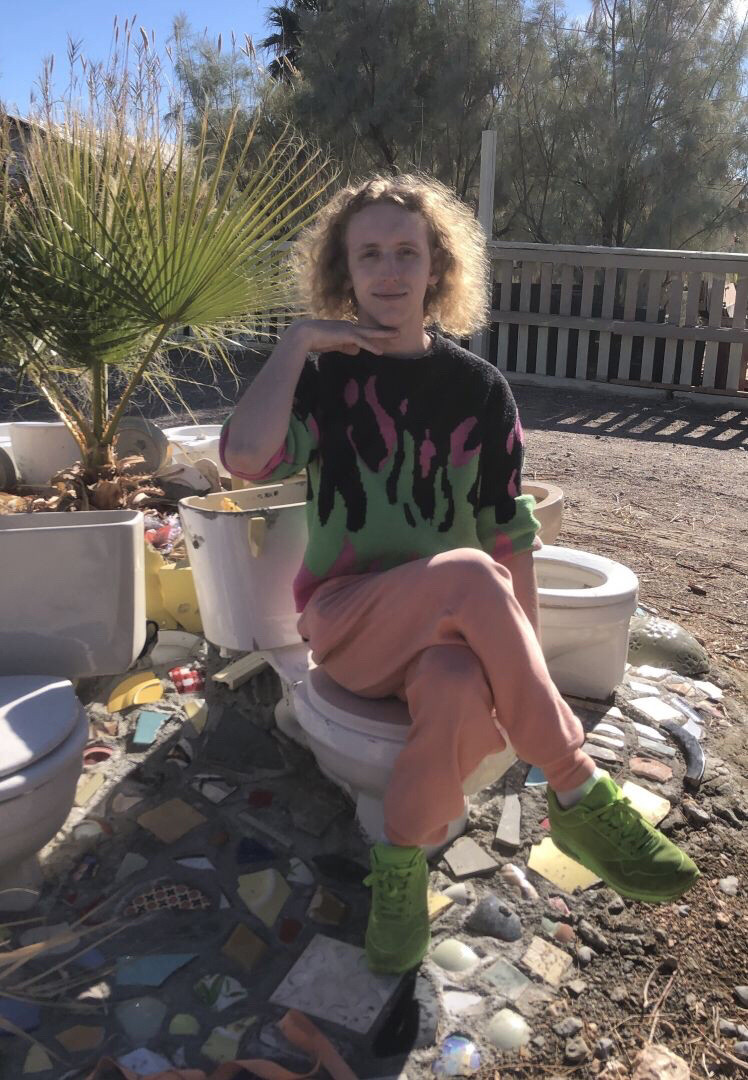

We recently had the chance to connect with Tucker Wooley and have shared our conversation below.
Tucker, so good to connect and we’re excited to share your story and insights with our audience. There’s a ton to learn from your story, but let’s start with a warm up before we get into the heart of the interview. Are you walking a path—or wandering?
In terms of my own myriad of personal projects, I definitely have a map of tentpoles laid out in front of me – things that I’ve either already started or otherwise committed to getting done before I croak. That list does have a habit of growing to the point of leaving me in quite the juggling act; that’s before factoring in things like freelance and open calls, as well, which end up adding stops on the path and balls to the juggling act (forgive me for being so heavy-handed with the mixed metaphors today).
However, I find it increasingly important to leave room for spontaneity and diversions. Having so many partially-formed personal projects on the docket means I can redirect my energy to any number of others if one starts to grow stale. This seems to be a major way my creative stamina intersects with my neurodivergence: relatively short bursts of energy that I have to point very intentionally, so I give myself plenty of targets to choose from so it at least goes SOMEWHERE I want it to. But even though this is all self-directed, I seem to need even more spontaneous diversions so the novelty doesn’t even have a chance of running out; my particular brand of ADHD is pretty insatiable, as I’m sure you’ve gathered by now. Ultimately, my productivity is led by joy, and I think leaving plenty of space for wandering the path and being more gut-driven with goals while also not letting ideas I’m passionate about fall totally to the wayside is the balance that works best with my life right now.
Having this theoretically indeterminate amount of stops on the path does elongate the heck out of long-term projects, though. Like I said, I can’t let those fall totally by the wayside, because that gets frustrating fast, to the tune of “Geez, I really wanted X long-term project to be done by the end of this year, Y and Z short-term projects really ended up getting in the way of that.” That’s why maintaining a balance of long-term and short-term, planned and spontaneous projects is so important to me. Without a map, you can get lost – which works just fine for some people, but I have the affliction of having a lot of cases of “I’m passionate enough about this idea that I need to have it done at some point in my life, but I need shorter-term things to put out in the meantime, otherwise I’ll get restless just sitting on this one thing so long.”
Can you briefly introduce yourself and share what makes you or your brand unique?
I’m Tucker Wooley – they/he/she digital cartoonist and maker of things. I draw and write things on the internet from my little room in the San Fernando Valley of LA. My “things” include animated shorts, comics, show pitches, YouTube video essays, poetry, and whatever else strikes my fancy.
Thanks for sharing that. Would love to go back in time and hear about how your past might have impacted who you are today. Who were you before the world told you who you had to be?
I find this question really profound, because I feel like I’ve been fighting my whole adult life to maintain the parts of creating and living as a kid that the modern world really incentivizes out of you. I became very jaded very quickly with the idea that, once you hit a certain age, you should no longer chase self-indulgence in your art or your life and be passionate about the things you love.
Feel free to cut this if I went down this particular rabbit hole last time we spoke, but I was in art school at the time I really started feeling this pull to de-individualize – which I don’t think most people would expect, art school can be a pretty insulated bubble and ultimately you’re still being creative. But the longer I spent there, I found art school to mostly be an exercise in grooming us to be creative capitalists and to ultimately self-police the warping of our art to that end. It makes sense why the college would want that for us; it’s objectively the most surefire way to make a living as an artist, I’m sure they didn’t want us to be broke and living with our parents like I am now. I’m not self-centered enough to think it was all some conspiracy to dull our sparkle or whatever, but it definitely wasn’t all well-intentioned. I am self-centered enough, however, to have gotten really down about the fact that, more than halfway through art school, I felt like I was just spinning my wheels and doing someone else’s gruntwork. I hadn’t made much that I was actually passionate about. Chasing the dragon of nostalgia is often self-destructive, but I found myself longing for the more uninhibited creativity of my youth – mostly spent online with friends making fanworks for no money and no one’s agenda but our own. Kids themselves aren’t really a market under capitalism; most of the time, it’s their parents making the actual purchased, guided by their children though they may be. I realized I was longing for a time when I was less of an asset to the state, less of a target for the economy to either give or take from. I was barely even an adult yet to begin with, so I realized my distaste was very reflexive; I hadn’t even tried long to hack it before I realized I didn’t like it, but my revulsion was so strong that I couldn’t even bring myself to try in earnest.
So, I had to cobble together some kind of alternative. I looked mostly at adults I admired who seemed from my perspective to be engaging less with the soul-sucketry. My project The Pigbog’s Kingdom Pitch Tome, a really long pitch document for an animated series, was my first attempt at going all-in on something that, to me, didn’t feel commercially viable in the slightest. The length and the exhaustiveness of the book in spite of it ostensibly being a pitch document was kind of meant to put people off, leaving room for me to combine tons of things I loved as a kid and never grew out of and not edit any of that down for anyone to understand who wouldn’t already. To be clear, I don’t think it’s somehow less noble to make your work accessible and try for mass-appeal; there’s a skill to that, for sure. I just think you should do that because it’s your own genuine creative choice, and not because you just assume no one is gonna connect with it because it isn’t filtered through certain lenses. I find the art I most admire doesn’t make those kinds of concessions – or if they do, it’s for an honest reason. Most of the time, I think people can tell the difference.
Back to the actual question, though – I really try to have the me I am now just be a sharper version of who I was before. I don’t think its possible to live in a vacuum; everything is political, we are all irrevocably untouched by capitalism. But I do think you can live and create in ways that are less market-influenced than others, and I’ve found that to be a much more emotionally-healthy way to be.
Was there ever a time you almost gave up?
I get discouraged and give up or reorient my plans all the time. Like I said before, a lot of my process is about chasing joy, and when that wears thin or turns out to not produce as much as I expected, I adjust.
I rarely completely drop projects that are already pretty far along, and even then I rarely drop projects in general, but one time I nearly did was at the beginning of this year after a string of breakups (polyamory has its fair share of sorrows alongside its joys). I was a little ways into restarting work on my Himbo soccer cartoon after pausing for an extended freelance thing, and I actually got dumped right in the middle of working on this one shot. That shot was my white whale for a while; it just had all this weird unexpected emotional baggage attached to it, and I’m not usually superstitious in this way at all, but I felt like it was a little cursed. Getting past that feeling and seeing that particular short through actually ended up being really good for me; got me out of that post-breakup depressive slump, which was compounded by the fact that I had gotten really sick around then, too. I guess it’s not surprising – historically, my response to hardship has been to dive into creative projects. Probably why I have so many!
I think our readers would appreciate hearing more about your values and what you think matters in life and career, etc. So our next question is along those lines. Whose ideas do you rely on most that aren’t your own?
Right now, I’m in the formative stages of something wherein the main characters used to be a part of something that’s a lot like The Chris Gethard Show – which I wasn’t lucky enough to catch during its actual run, but I was around for a good handful of Planet Scum streams, so I can tout that cred a little, at least. But, as I’ve been revisiting the archive of public access episodes on YouTube (something I’d recommend to anyone), I’ve realized how much of Chris’s philosophy I’ve internalized – “lose well,” the “weirdo-forward” nature of the show, and the playful spontaneity of improv, call-ins, and eccentric audience members. I do try to take those things generally into my work and life. TCGS-alum Connor Ratliff has a lot of work I go back to as well; his podcast Dead Eyes has a lot of wisdom about success and failure, and his “The Acting Class” live shows (also free on YouTube, and maybe in a city near you, depending) expand on those same lessons and also a lot of TCGS’s “this is absurd, but there’s a clear and genuine appeal to emotionally connect with the audience” energy in ways that get me fired up.
In general, I return to Adventure Time, Steven Universe, The Owl House, and OK KO all the time. Those shows were stacked with artists pushing the envelope in terms of technical artistry and what was allowed to be on all-ages TV; going down the list of artists on those shows and diving into their personal work and the work of artists they like is a rewarding experience that I’d encourage anyone even a little interested in cartooning to do. Jim Henson and his creative network are a big one in that regard, as well. Writing-wise, I get a lot of inspiration from songwriters, even though that isn’t really what I do at all; Laura Stevenson, Samia, Wednesday, and Julia Jacklin are some big ones for me right now.
I owe pretty much everything always to Rebecca Sugar, Akira Toriyama, and basically everyone I follow on Instagram.
Okay, so let’s keep going with one more question that means a lot to us: If immortality were real, what would you build?
I actually talked about this in a characteristically all over the place video essay one time, it’s something I wanna talk about more so maybe this is my practice run. The sparknotes of my thoughts on immortality is that I know the finity of life is part of what makes it valuable, yadda yadda, but I find it a shame that I probably can’t make everything I wanna make in my lifetime and have to prioritize things over others. In my adolescence, I sort of maintained that, in an ideal world, I would just be a machine for making things and I didn’t really need anything else, but obviously that’s not true, because “everything else” is what life is (that’s a big theme of that show The Bear, which might also get a video essay out of me at some point). No time is expendable or wasted; anything is only “wasted” relative to the fact that we have limited time alive, so I just think it would be neat if we didn’t have to worry about that at all. Isn’t it kind of awful how we talk about the way we experience the world using commercial vocabulary – “spending” time, etc.? That feels like such a perversion of nature to me, somehow. I suppose time, like money, is ultimately just something we made up to try and make our lives easier that then got co-opted by the powerful.
Another “capitalism bad” tangent aside, I think being intentional about your time is good, but for a while I was letting the possibility that I wouldn’t have the time or energy to finish whatever it was I wanted to make paralyze me and bar me from making it to begin with – and that’s truly no way to live. Living with a baseline of awareness that you’re gonna die is important, but at the same time, I’ve kind of been trying to live like I have all the time in the world. I repeat “You probably do have time to do all this, and if you don’t there’s kinda no way to predict that, so there’s no use losing sleep over it,” in my head pretty much constantly these days. I’m trying to actually, genuinely make peace with the way I spend my days, whether it’s working or not. Making creating things into a foundational part of your life is a tricky gambit, because it gives your life a roadmap, but then you feel bad if you stray from the map too far or too much.
So, if I was immortal, the tension between my “free time” and my time spent making art would mercifully dissolve. I don’t make everything ENTIRELY for myself, though; I’m not a solipsist, as much as my espousing self-indulgence might lead you to believe. I want the people I care about to see and care about the things I make, so if I already knew I was gonna be around to see it through, the bulk of the motivation would come from making sure they get to see it, too. Unless they were also immortal – in which case, even better! And no, I wouldn’t be particularly stoked about having to wait out the heat death of the universe or whatever; I don’t think anyone would be. I don’t have a clean answer for that one, before the anti-immortalists come flooding my mentions (do those exist?)
Contact Info:
- Website: https://tuckerwooley.com
- Instagram: https://instagram.com/tucker13x
- Twitter: https://x.com/tucker13x
- Youtube: https://youtube.com/@TuckerWooley
- Other: https://tiktok.com/@tucker13x
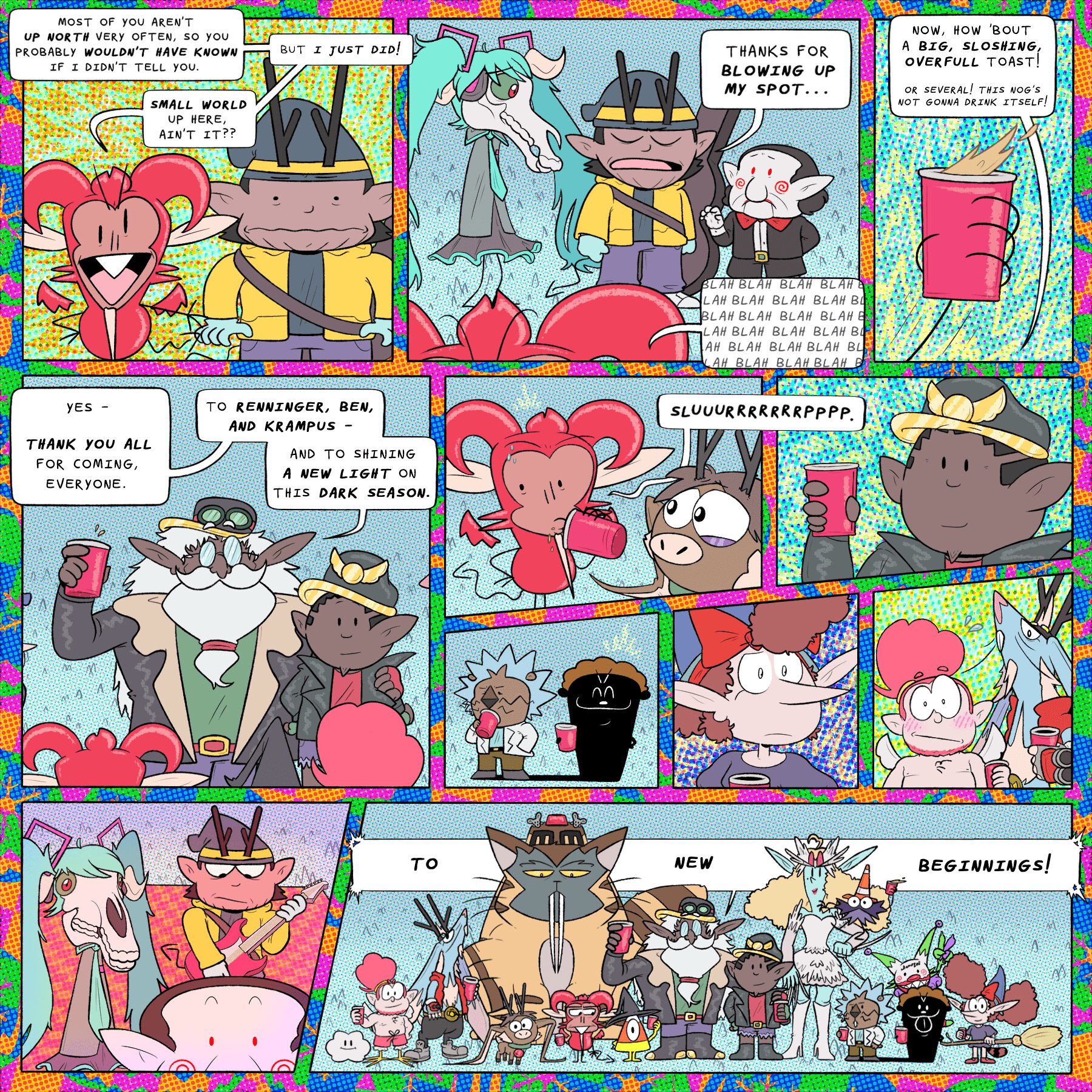
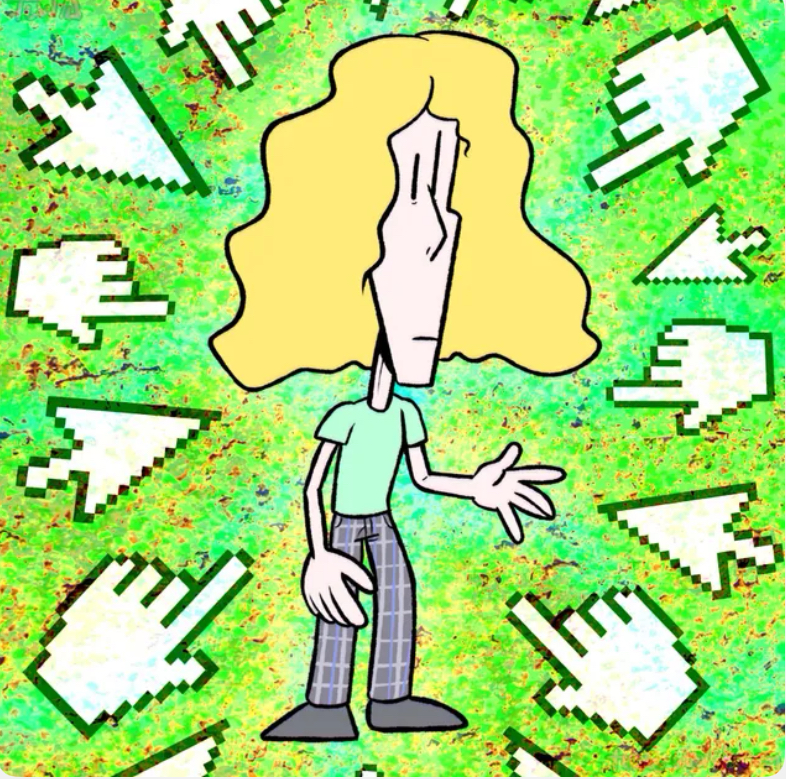
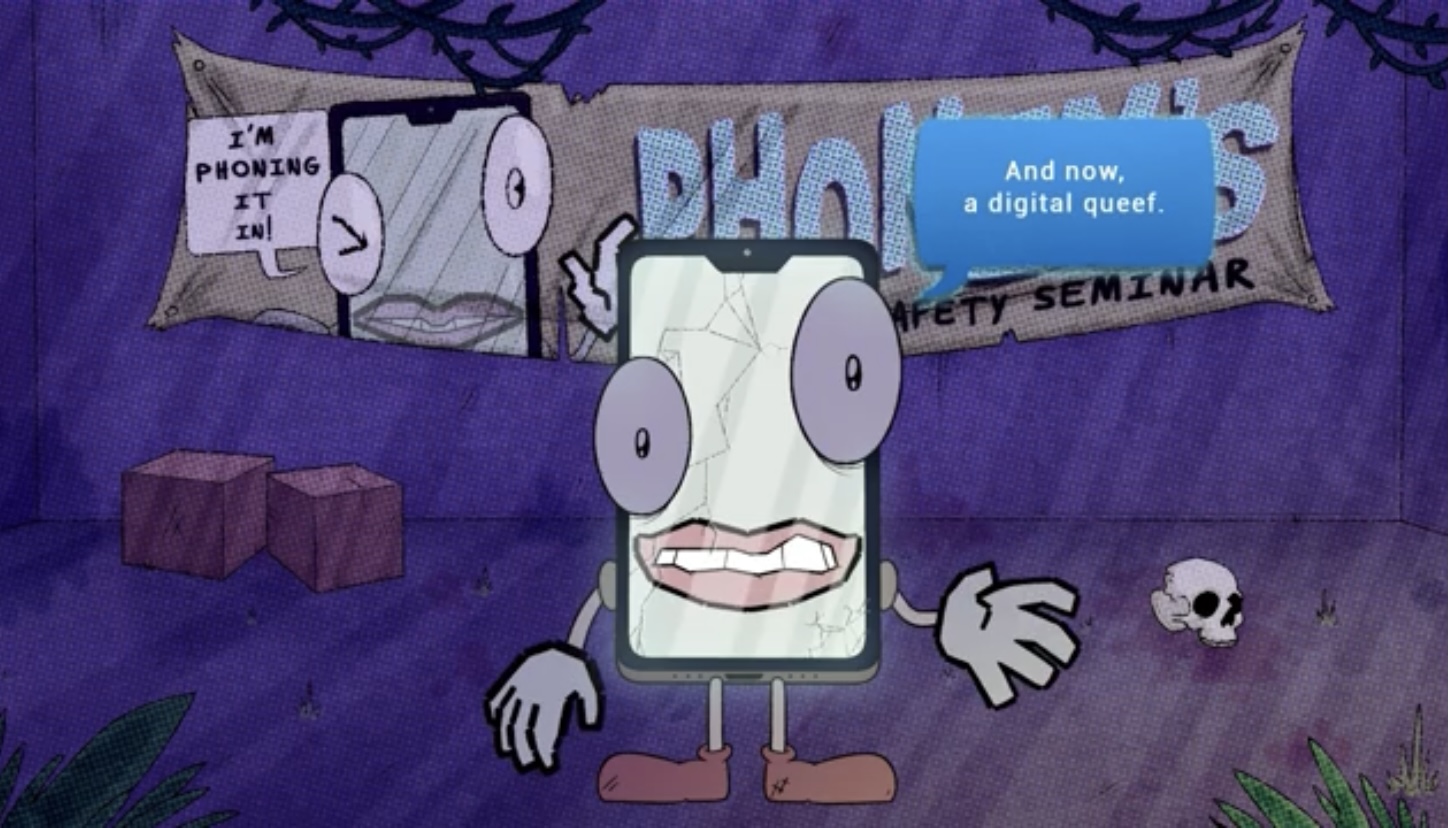
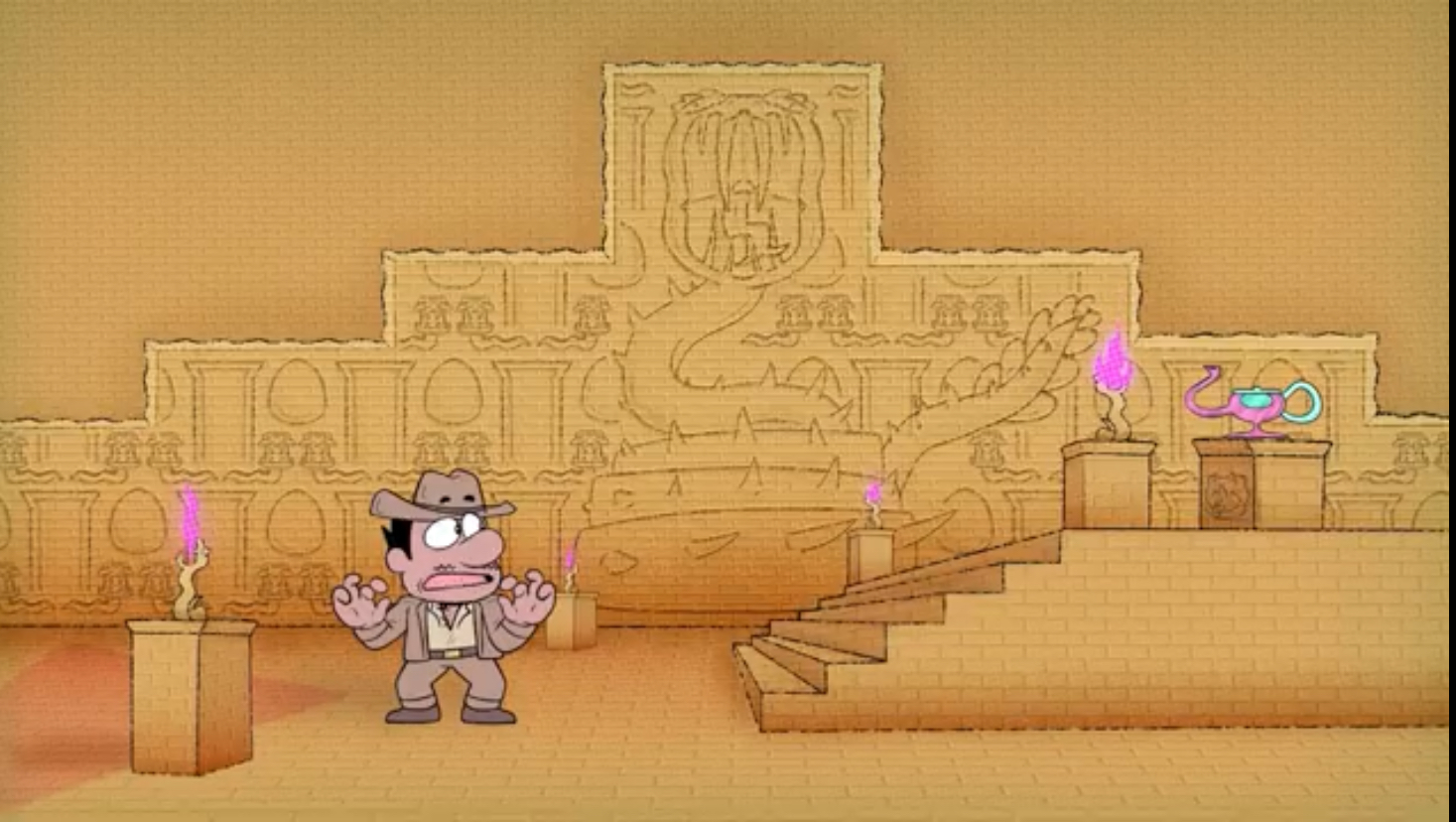
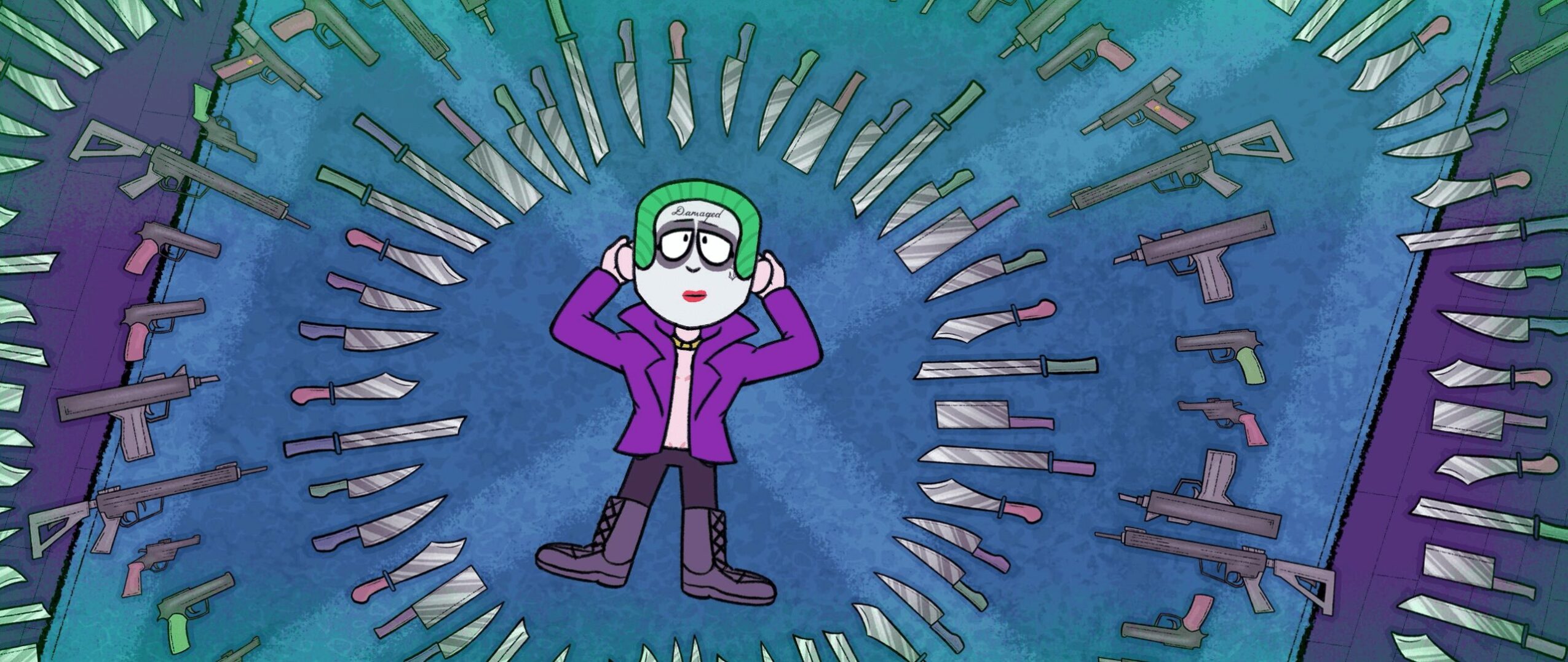
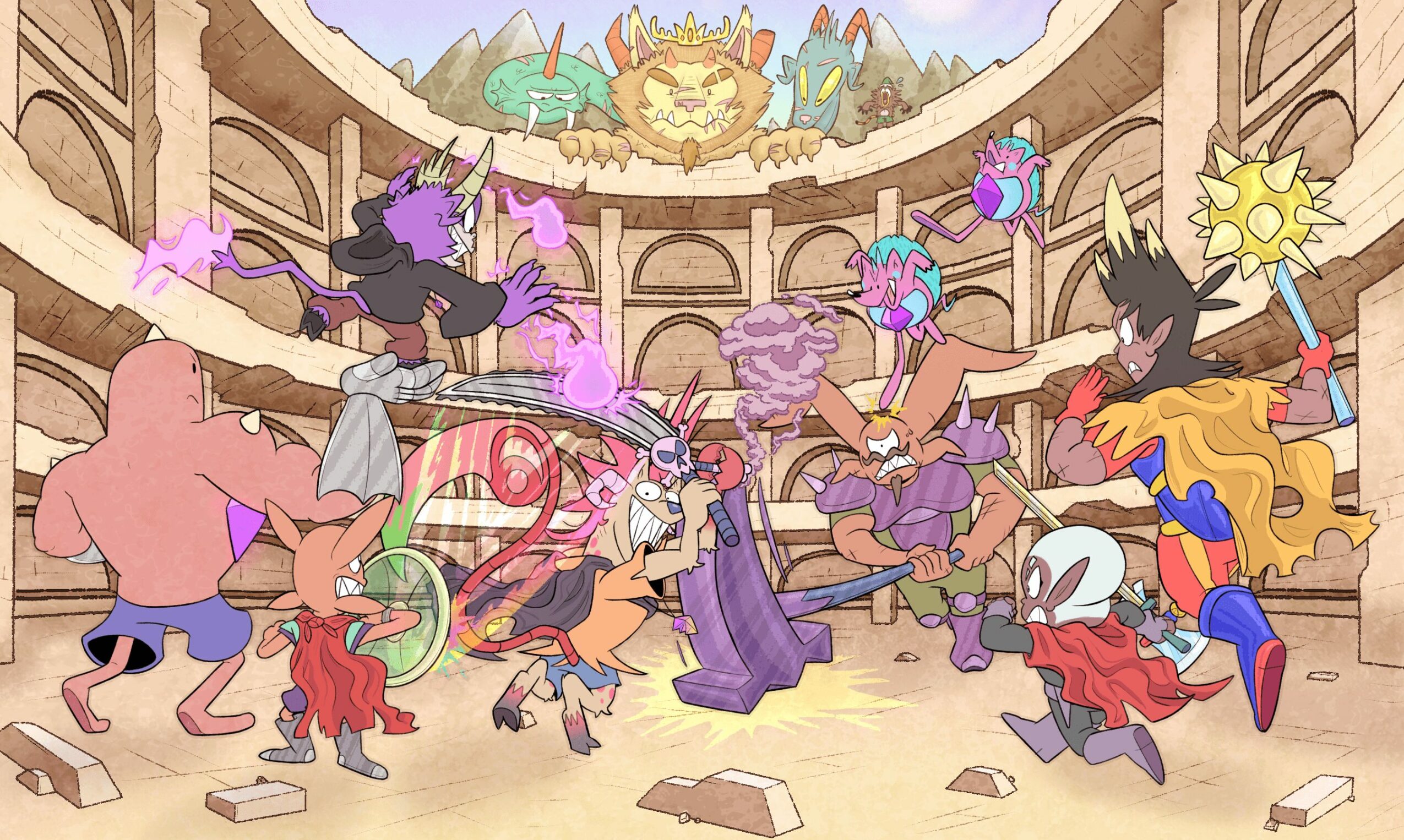
Image Credits
Tucker Wooley
Vera Drew, Bri LeRose














